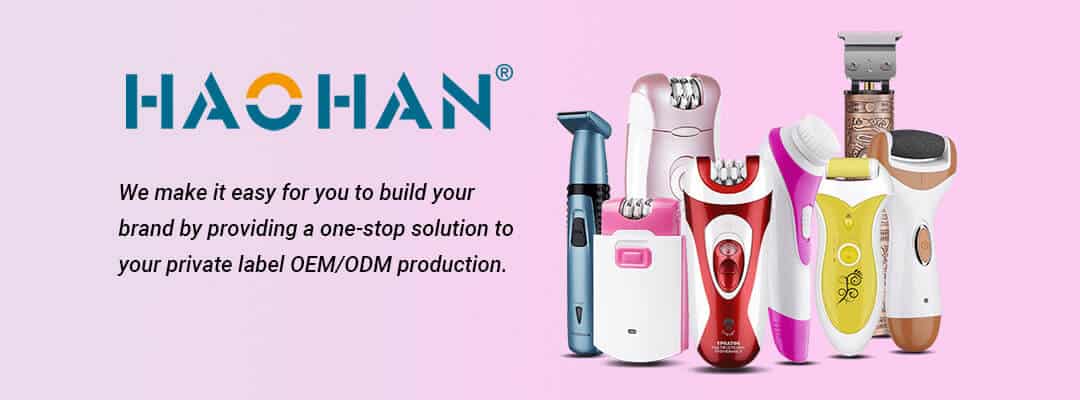In the realm of personal grooming, the transition from corded to cordless devices has been significant, driven by advancements in battery technology. Among the myriad of power sources available, lithium batteries stand out for their efficiency and reliability. This raises the question: Do hair clippers have lithium batteries, and if so, what advantages do they offer?
Battery Types in Hair Clippers
Traditionally, hair clippers were either corded or powered by rechargeable nickel-cadmium (NiCd) batteries. However, with the rise of lithium-ion (Li-ion) technology, many modern hair clippers now incorporate these advanced batteries for several compelling reasons.
Advantages of Lithium Batteries
Lithium batteries, particularly Li-ion variants, boast several advantages over traditional battery types. They have a higher energy density, meaning they store more power per unit volume, allowing for longer runtime in smaller, lighter packages. Additionally, Li-ion batteries have a lower self-discharge rate, which means they retain their charge longer when not in use, making them ideal for devices that might not be used daily.
Charging and Battery Life
Lithium-powered hair clippers typically offer quick charging times, with some models capable of reaching full charge within an hour or less. The battery life can vary widely depending on usage patterns and the specific model, but users can generally expect 40 minutes to several hours of continuous operation on a single charge.
Environmental Impact
While lithium batteries provide significant performance benefits, they also raise concerns about disposal and recycling. Unlike NiCd batteries, which contain toxic metals, Li-ion batteries are less hazardous but still require proper disposal. Many manufacturers and retailers offer recycling programs for old batteries, encouraging responsible recycling practices.
Future Trends
Looking ahead, the integration of lithium batteries in hair clippers is expected to continue, driven by ongoing improvements in battery technology. Advancements in lithium chemistry promise even higher energy densities, faster charging times, and potentially longer lifespans, further enhancing the cordless experience for users.
In conclusion, the adoption of lithium batteries in hair clippers is a testament to the industry’s commitment to innovation and user convenience. These batteries offer superior performance, contributing to the growing popularity of cordless models. As technology evolves, we can anticipate even more efficient and eco-friendly solutions for powering our grooming essentials.

